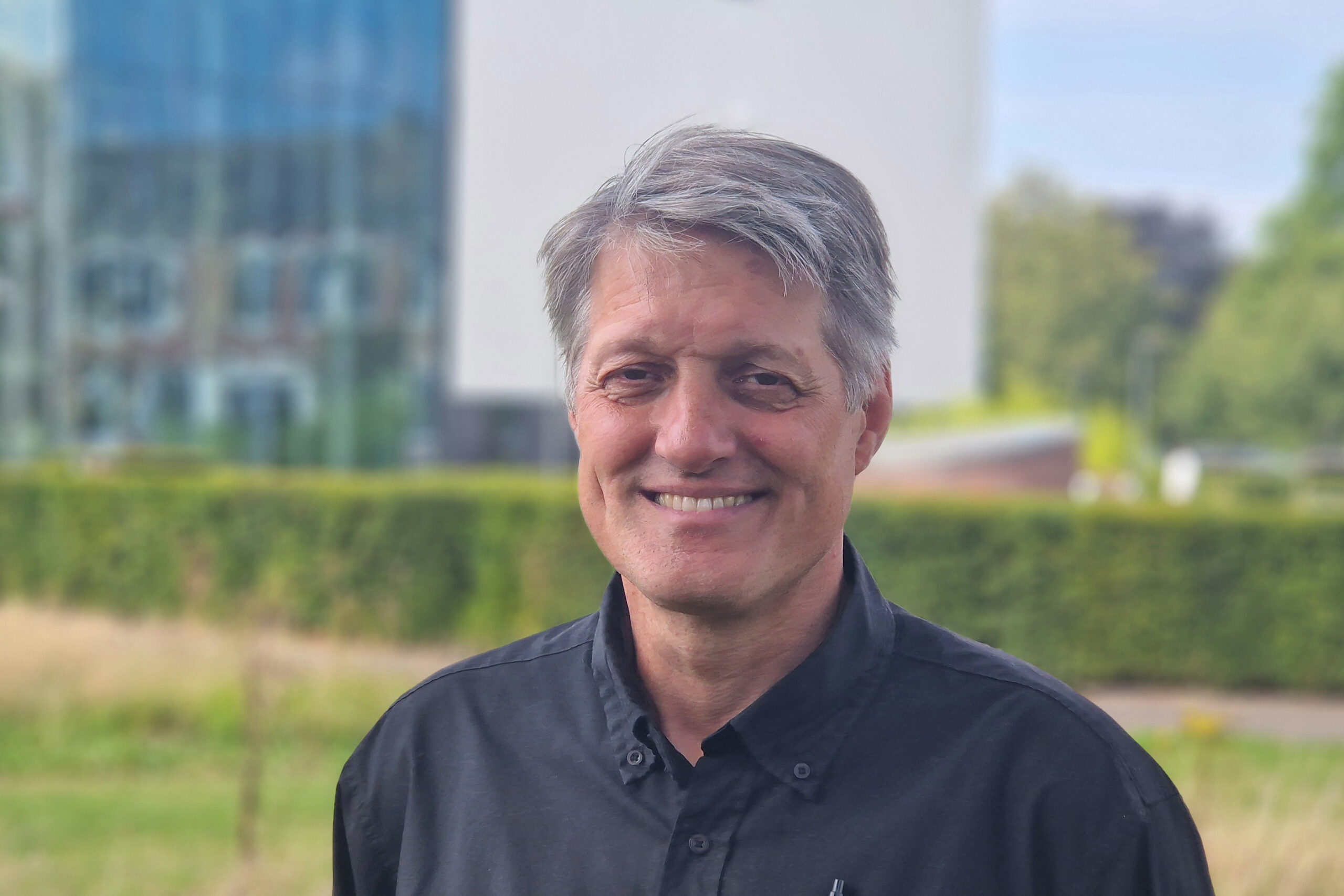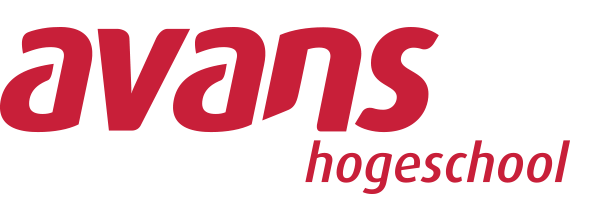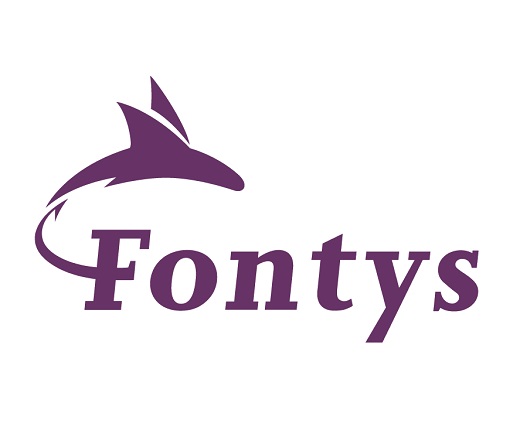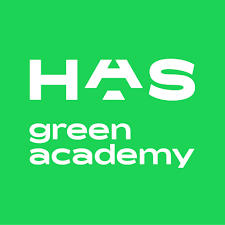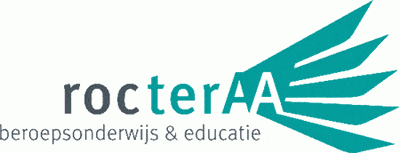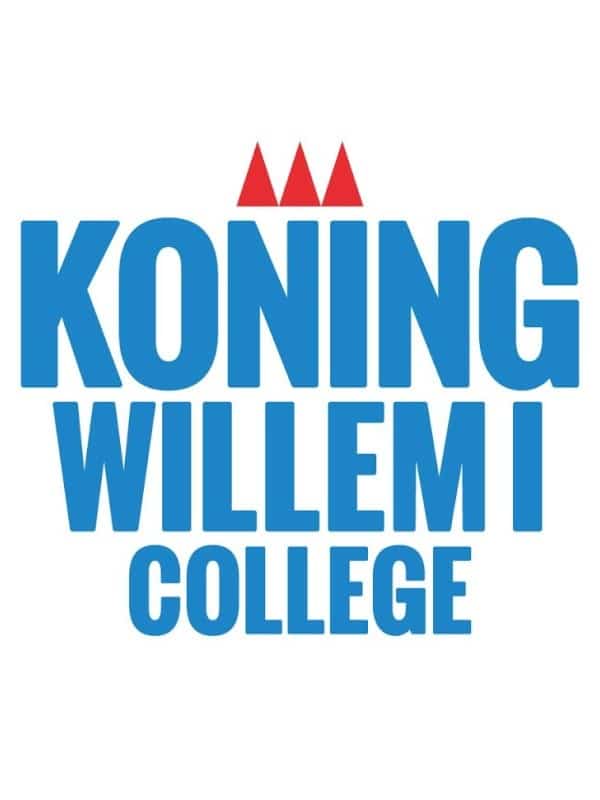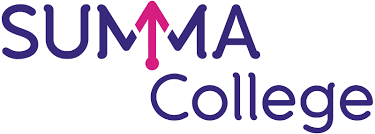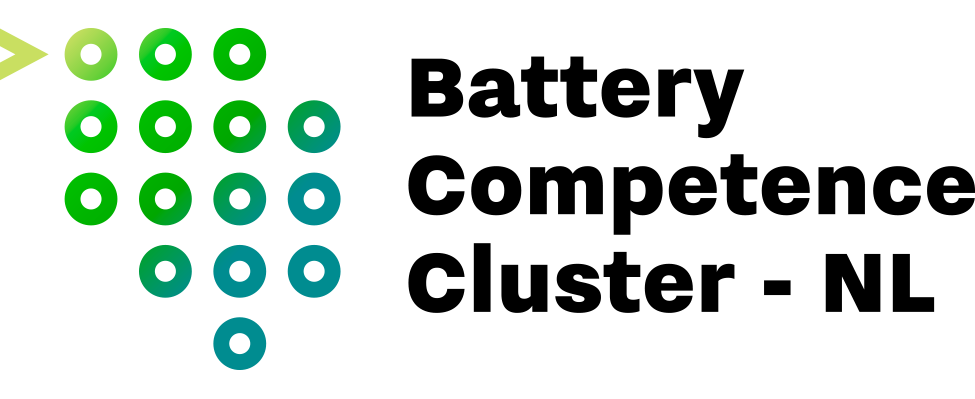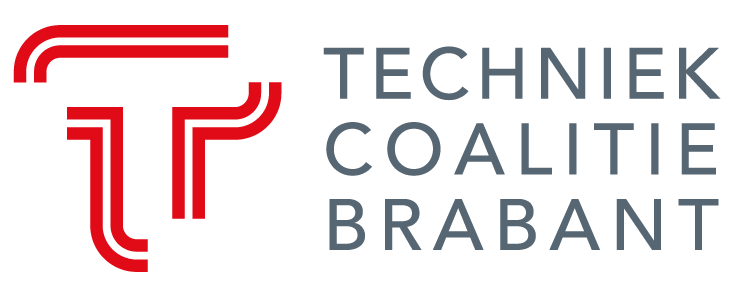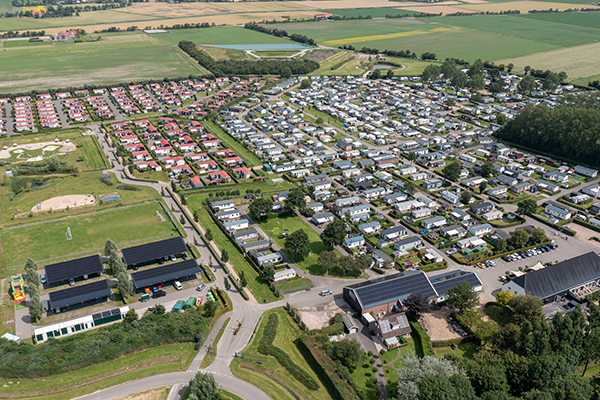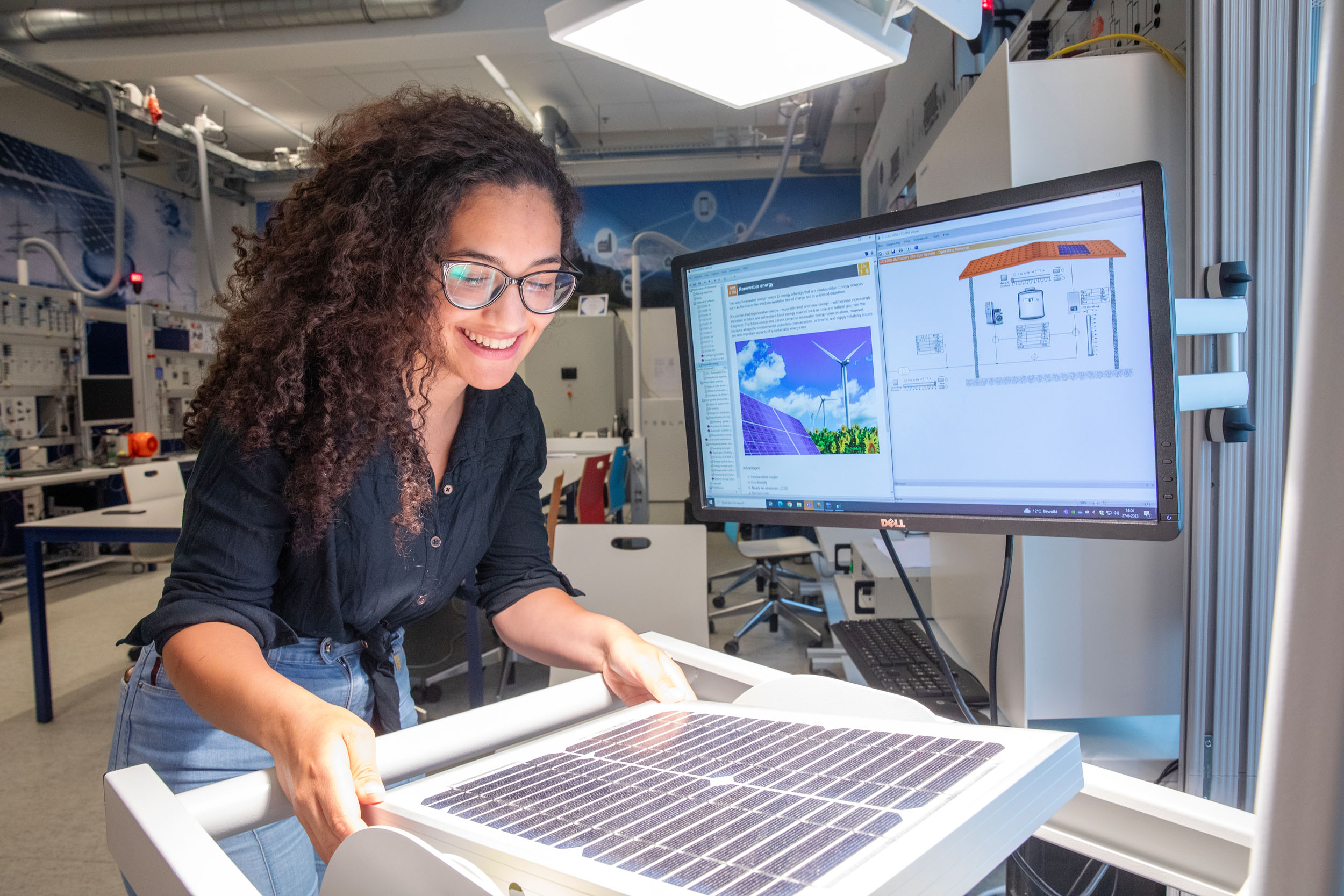The pilot programs for these training modules will be conducted at the physical locations of the Transition Hubs. This training offering will then be made available via the Brabant Leert platform. The project represents a significant step toward addressing skill gaps and workforce shortages in companies and organizations.
A Race Against Time
The energy transition presents immense societal, technical, and economic challenges. To achieve a zero-emission, circular, and climate-resilient living environment, a large number of skilled workers are needed to implement (technological) innovations in practice. However, the shortage of professionals required for the energy transition is considerable. In Brabant alone, it is estimated that by 2030, there will be a shortfall of 10,000 to 15,000 skilled workers at MBO level. The urgency and goals of the Climate Agreement make the labor market for energy transition roles even tighter than other sectors. Without additional workforce capacity, these goals cannot be met.
Moreover, rapid technological and other innovations require continuous retraining to keep up with developments and bridge the skills gap.
Building Knowledge and Skills Together
To address these challenges, Transition Hubs are being established across North Brabant. These hubs bring together experts from knowledge institutions, businesses, and students to form learning communities. Together, they identify the new knowledge and skills needed at MBO, HBO, and university levels to address specific competence gaps in the energy transition. Based on these insights, educational modules are developed and implemented.
The first three Transition Hubs Energy focus on key topics:
- Circular Construction (’s-Hertogenbosch)
- Battery Technology (Eindhoven)
- Energy Installations (Breda/Tilburg)
The approach aims to expand the concept to many other Transition Hubs across different locations in North Brabant in the future.
Transition Hubs as Metro Lines
The Transition Hub process can be compared to building a metro line in a city. In this network, various regions and hubs collaborate to develop new “metro lines” and expand the network.
Imagine knowledge and skills as stations on a metro line, where each stop represents a specific module. Participants can choose the “stations” they wish to visit based on their interests and needs. Successfully completing a metro line can serve as a microcredential, akin to a metro ticket.
Different certification models can be applied along this “metro line.” For instance:
- Nano-modules can be certified with Open Badges/EduBadges.
- Sets of nano-modules, courses, or training sessions can lead to MBO (partial) certificates or industry-recognized certifications.
- Programs can culminate in diplomas, much like completing a metro line takes you to your destination.
Project Partners
The project partners include ambitious MBO and HBO institutions and businesses with experience in subsidized educational innovation projects. These partners already collaborate under the Brabant Leert initiative.
Brabant Leert
Brabant Leert helps all working residents of Brabant who wish to reskill or upskill by providing information, access to a wide range of (online) training programs, personalized advice, and guidance. The platform offers direct access to courses, training, and education for all residents of North Brabant, provided by the region’s vocational colleges (ROCs), universities of applied sciences, private training providers, and soon, universities. Learn more at www.brabantleert.nl.
Transition Hubs Energy is funded by the LLO-Katalysator
For more information about this project, contact project leader Bart Kapteijns: afm.kapteijns@avans.nl.
April 2024 until March 2026





